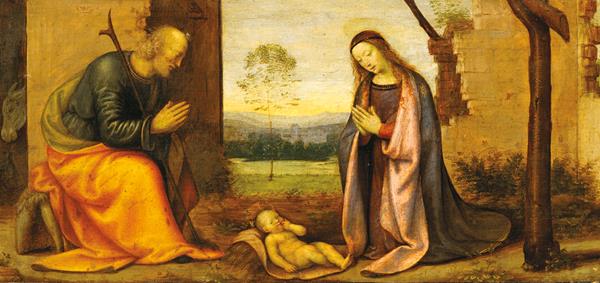Biblical Views: The Turn of the Christian Era: The Tale of Dionysius Exiguus

We are all familiar with the terms B.C. (Before Christ) and A.D. (Anno Domini—in the year of our Lord) as a way of distinguishing the eras before and after the coming of Jesus Christ. We may also be familiar with the non-Christian terminology of B.C.E. (Before the Common Era) and C.E. (the Common Era). What those two ways of referring to the same thing share in common is that they presume the same calendar—by which I mean they presume the same way of dating Jesus’ birth.

But as any New Testament scholar will tell you, this presumption doesn’t stand on very solid ground because we know something about the timing of the death of Herod of Great, and clearly Jesus had to be born before Herod died, or those Christmas stories in Matthew 1-2 are wide of the mark. Scholars will tell you, based on evidence from Josephus and other contemporary sources, that Herod died somewhere around 4 B.C. It may have been a little before then, or it may have been a little after then, but in any case, it was well before what we now call “the beginning of the Christian era.” This in turn means that Jesus was born in B.C., which of course sounds very odd. How could Jesus be born “Before Christ,” inquiring minds want to know. As it happens, it’s all because of a monk known as Dionysius Exiguus (the latter Latin word meaning “the humble”).
Already a library member? Log in here.
Institution user? Log in with your IP address.

